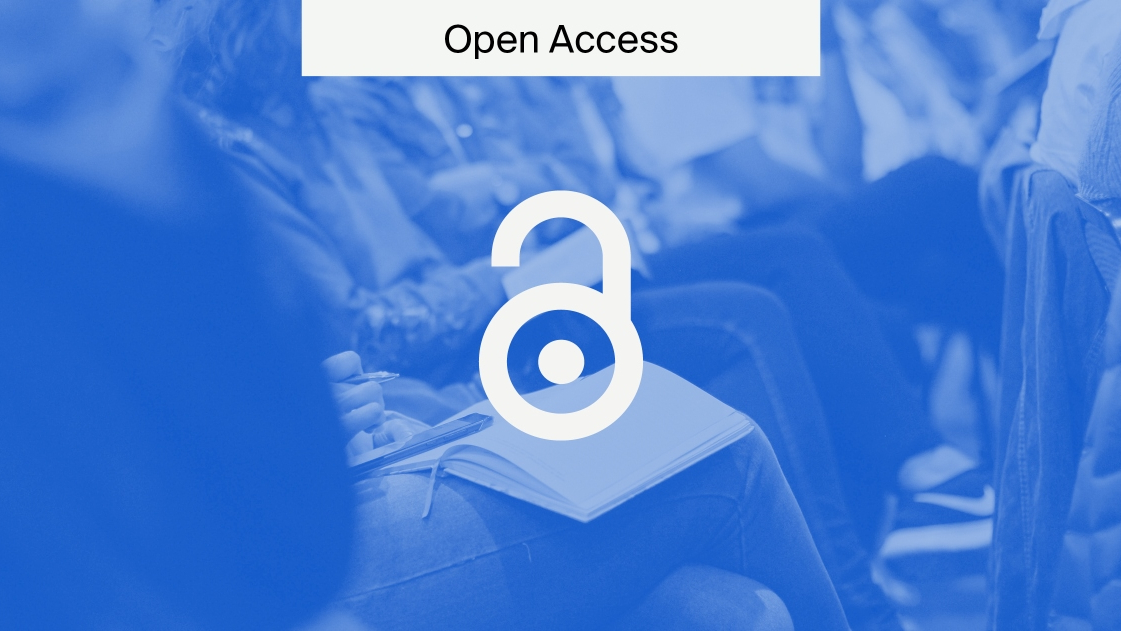
MDPI’s New Commenting and Endorsement System
Near the end of September 2019, MDPI released a new functionality: the commenting and endorsement system. It allows researchers to endorse and recommend articles among each other, enabling ‘likes’ and ‘shares’ to infiltrate the academic sphere.
Why an endorsement system?
The commenting and endorsement system stems from the San Francisco Declaration on Research Assessment (DORA), whose aim is to improve the evaluation of scholarly research outputs and move beyond journal-based citation metrics. This new system will also contribute to the improvement of the Article-Level Metrics (ALMs) impact system. Both the journal-based citation metrics and ALMs serve as impact indicators, but they have their limitations, namely, not reporting on the quality and the scientific value of the article itself.
How does the endorsement system work?
First of all, an ORCID and an MDPI login are necessary to be able to endorse an article. Researchers will then be able to like an article, assess it and provide feedback on its quality and scientific content. The authors of the article will be immediately informed of the comments and will be able to answer back directly.
Who will see the endorsements?
The number of endorsements an article receives is displayed on the article page and available to the public. Nevertheless, by creating a profile on SciProfiles—MDPI’s newly released social network platform for researchers and scholars—authors will be able to see their overall number of endorsements. This will be provided alongside more conventional statistical information, such as publications, reads, downloads and citations.
However, researchers’ profiles are not the only information that can be found on SciProfiles. If an article that is published in your area of interest receives many endorsements and feedback, SciProfiles will recommend the article by posting it onto your NewsFeed, allowing you to constantly be up to date with relevant research in your field.
Editors’ feedback on the endorsement system
The commenting and endorsement system is seen as a welcoming idea and demonstrates the will of the publisher to be a leader in innovations and in ways of disseminating information. The endorsement system allows for a more realistic, open and democratic approach to science, as it takes place after publication, engages the entire community and focuses on the quality of the individual publication.
What will the future hold?
MDPI wishes to see the endorsement system spread widely as it will help scientific communities to identify relevant articles without being influenced by the journal Impact Factor. It is for this reason that the code for the endorsing functionality will be made available on GitHub with an open-source license.
Ideally, each publishing house would implement the commenting and endorsement system and share its data. The data from all publishing houses would then be combined, providing a global view of a researcher’s work, from its Impact Factors to its quality and intrinsic scientific value.











There may be problems with objectivity: well-wishers will put undeservedly positive likes, and detractors, scientific opponents and those who do not understand the essence of the article will put negative likes
It’s interesting to discover the impact DORA has on different organisations. The article “The rise of altmetrics: Shaping new ways of evaluating research” is an overview of research metrics and altmetrics, mentioning tools for their measurement. It could be a good and resourceful start of a discussion. Have a look: https://www.labsexplorer.com/c/the-rise-of-altmetrics-shaping-new-ways-of-evaluating-research_214
Before this the researchers were putting the names of their colleagues in their research article to oblige them now they will start endorsing their work to oblige them.